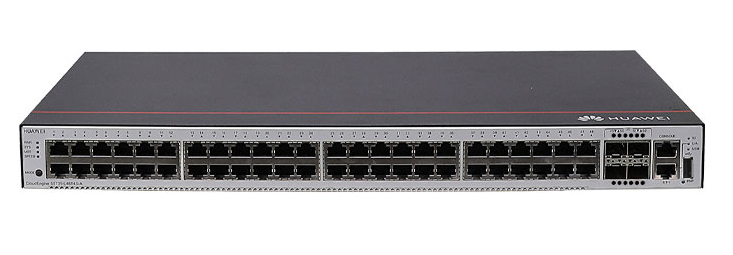
































Raspberry Pi 4B
Follow : Add us as a preferred source on Google.
Heart rate monitoring has been a mainstay of health and fitness, and while the stethoscope has given way to more precise electronic measuring devices, they've always involvedwires and straps , or, in recent years, devices worn on thewrist orfinger .
But what if there were a way to measure your heart rate wirelessly ... using Wi-Fi?
Also: Internet running slow? 3 things I always check first for faster Wi-Fi speeds at home
This is exactly whatresearchers at the University of California have pulled off recently.
Using the way Wi-Fi signals permeate the environment, they analyzed how a beating human heart affected the Channel State Information (CSI -- part of the Wi-Fi signal that contains information about how the signal moves from the transmitter to the receiver).
They came up with a non-intrusive, continuous heart rate monitoring system called Pulse-Fi.
Also: I've tested the Apple Watch, Oura Ring, and other sleep trackers - 5 tips to get the best results
This was so interesting that I had to buy the paper to take a look, and it's rather fascinating.
To verify their results, the group collected two datasets -- one using twoESP-32 Wi-Fi modules , which retail for about$5, and another using theRaspberry Pi 4B , which costs about$30 to$50.
Also: The best Raspberry Pi alternatives of 2025: Expert recommended
The data collected using Wi-Fi was compared to data collected simultaneously using traditional methods.
After collecting the data -- isolating the part of the CSI signal that relates to movements caused by a beating heart, removing environmental noise, applying a bandpass filter to target the 0.8 to 2.17 Hz range (corresponding to 48 to 130 beats per minute), and adding another filter to reduce noise while preserving signals needed -- the data is crunched using a a low-compute Long Short Term Memory (LSTM) neural network, and a heartbeat is literally pulled out of the air.
Very accurate. The researchers found that using the ESP-32 modules, they could get an accuracy of 99.38%, or an error of 0.51 BPM compared to traditional heart rate measuring tech, and 99.81% when using the Raspberry Pi, an error of only 0.2 BPM.
That's clinical-level accuracy.
Also: I replaced my Apple Watch with these heart-rate-monitoring earbuds from Beats (and they did some things better)
The increased accuracy of the Raspberry Pi is due to the Wi-Fi module having more subcarrier frequency channels than the ESP-32 module (234 compared to 64). And this accuracy requires only five seconds of data collection, using only off-the-shelf parts.
Right now, probably not, but this opens up new possibilities in both medical and health fields.
 Hot Tags :
Health
Hot Tags :
Health